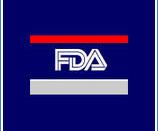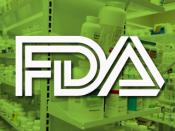Although the products of cloned animals and their progeny will most likely be safe for human consumption, we would like to see more comprehensive studies, specifically designed to examine food safetyÃÂ Dr. Margaret Mellon, Director of UCSÃÂs food & environment program. ÃÂIf consumers arenÃÂt going to be told if their meat is from a clone, FDA has to be certain the meat is safe.ÃÂThe safety of eating meat and drinking mile from cloned animals is far from proven, with only a handful of studies, and no long term evidence of any problems.
According to the FDA a clone is a genetic copy of an animal. They are similar to identical twins, but just born at different times. Cloning should be thought of as an extension of the assisted reproductive technologies that livestock breeders have been using for centuriesÃÂ such as artificial insemination, and more recently in vitro fertilization.
They also are proud to state that cloning the animals poses no risks to their health as compared to other reproductive methods including natural mating.
The composition of the food product is no different than those derived from conventionally bred animals. These facts come from the Center for Veterinary Medicine (CVM) who also happen to be the FDAÃÂs veterinarian spokespeople. So are these facts true, or are the people behind them being paid to say what the public wants to hear?While looking on the FDAÃÂs webpage I came across a ÃÂMythÃÂ section. One of which says that the when the clones are born, they are the same age and size as their donor, and donÃÂt live long afterwards. The FDA says that this is a myth and that they are perfectly healthy and are in no way oversized, or anything buy a calf.
Strangely this website was the one of the...



About this essay
nice work..you have covered both views in your essay..
2 out of 2 people found this comment useful.